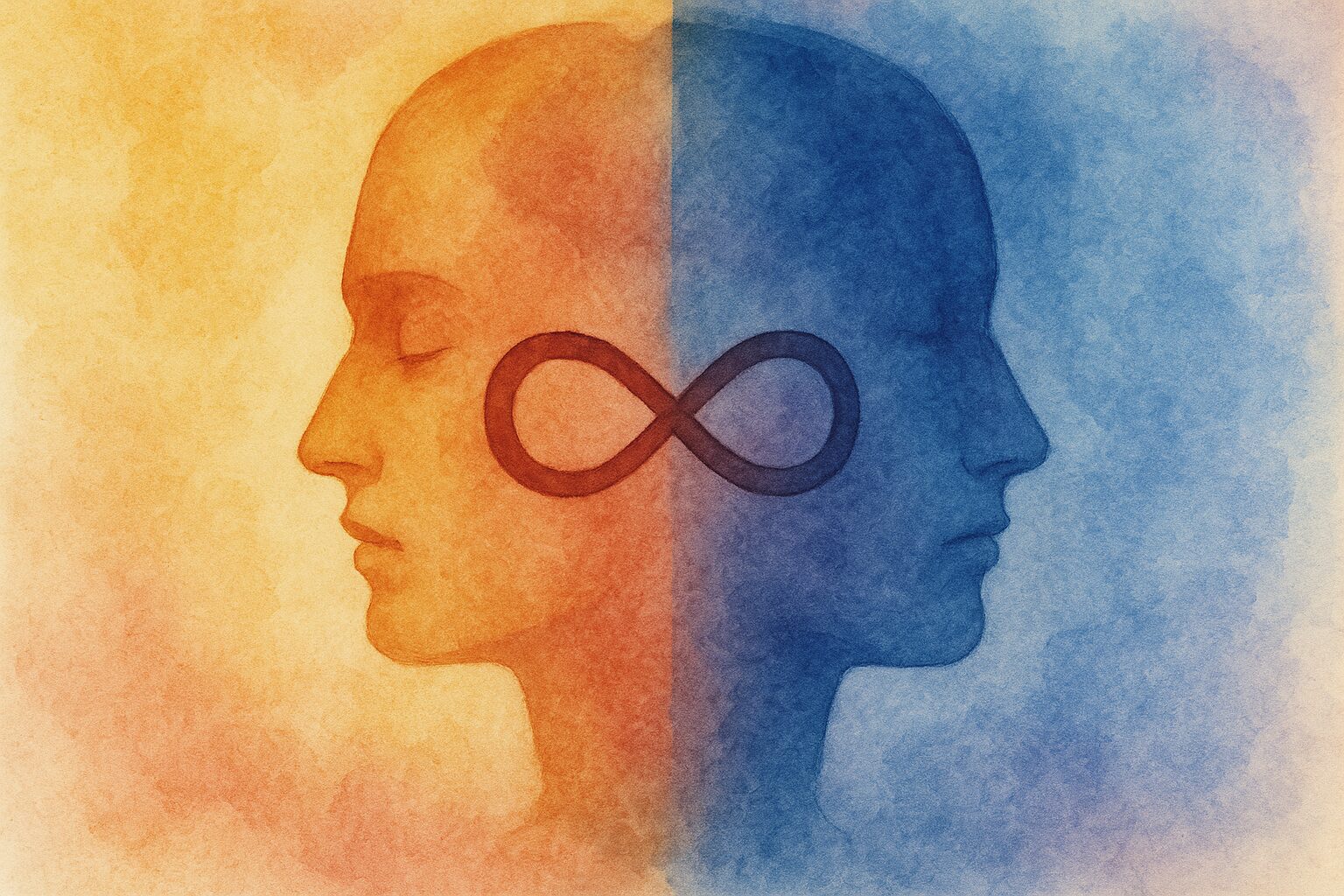You are already
Who you are,
Who you wish to be.
The path you seek
Is beneath your feet.
The summit you chase
Beats within your chest.
The acorn doesn’t doubt
The oak in its heart.
The caterpillar doesn’t fear
Its butterfly wings.
You are already
Who you are,
Who you wish to be.
Your journey is
to uncover and embrace.
Filed under: 🜁 Self – tracing the inner landscapes of thought, feeling, and becoming.

